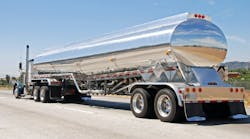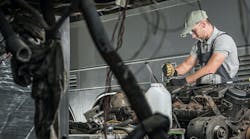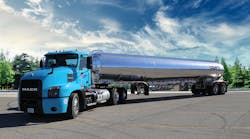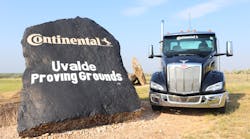The American Trucking Associations’ Chief Economist Bob Costello said, the trucking industry has seen soft volumes in 2016 due to bloated inventories and a weak manufacturing environment.
“The current cycle of larger than normal inventories has taken longer than usual to resolve itself,” Costello said October 2 during ATA’s 2016 Management Conference & Exhibition in Las Vegas NV. “Coupled with weakness in the manufacturing sector, we’ve seen softer than typical volumes in both the truckload and less-than-truckload sectors. However, I am hopeful that we are nearing the bottom of this cycle and will soon expect a modest rebound.”
Costello said that both truckload and less-than-truckload carriers added truck capacity in 2015, which makes the current environment feel even more challenging.
“Also, truckload carriers have added trailer capacity of late, likely in advance of the approaching electronic logging device compliance deadline,” he said. “More small and medium fleets will, I believe, try to compensate for the impact of ELDs by doing more drop and hook to reduce wait times.”
In addition, Costello emphasized the role that trade plays in trucking--pointing out that since 1995, the value of goods moved by trucks between the United States, Mexico, and Canada has risen 168% to $712 billion.
“It may not always be top of mind, but trade is an important part of the trucking economy,” he said. “In the post-North American Free Trade Agreement era, we’ve seen growth in exports moved by truck outstrip overall growth of domestic freight over the past two decades.”
For more on trucking and trade, download this report highlighting the significant role trucking plays in moving goods across borders.
Costello was joined at the MCE General Session, sponsored by Bendix Commercial Vehicle Systems LLC by Diane Swonk, founder and chief executive officer of DS Economics, who added her own assessment of the economy.
"The economy has been running a relay race, with only one runner--the consumer--carrying the baton for too long,” Swonk said. “Next year, there will be more runners in the race to grab the baton, but they won't be breaking any speed records.”








